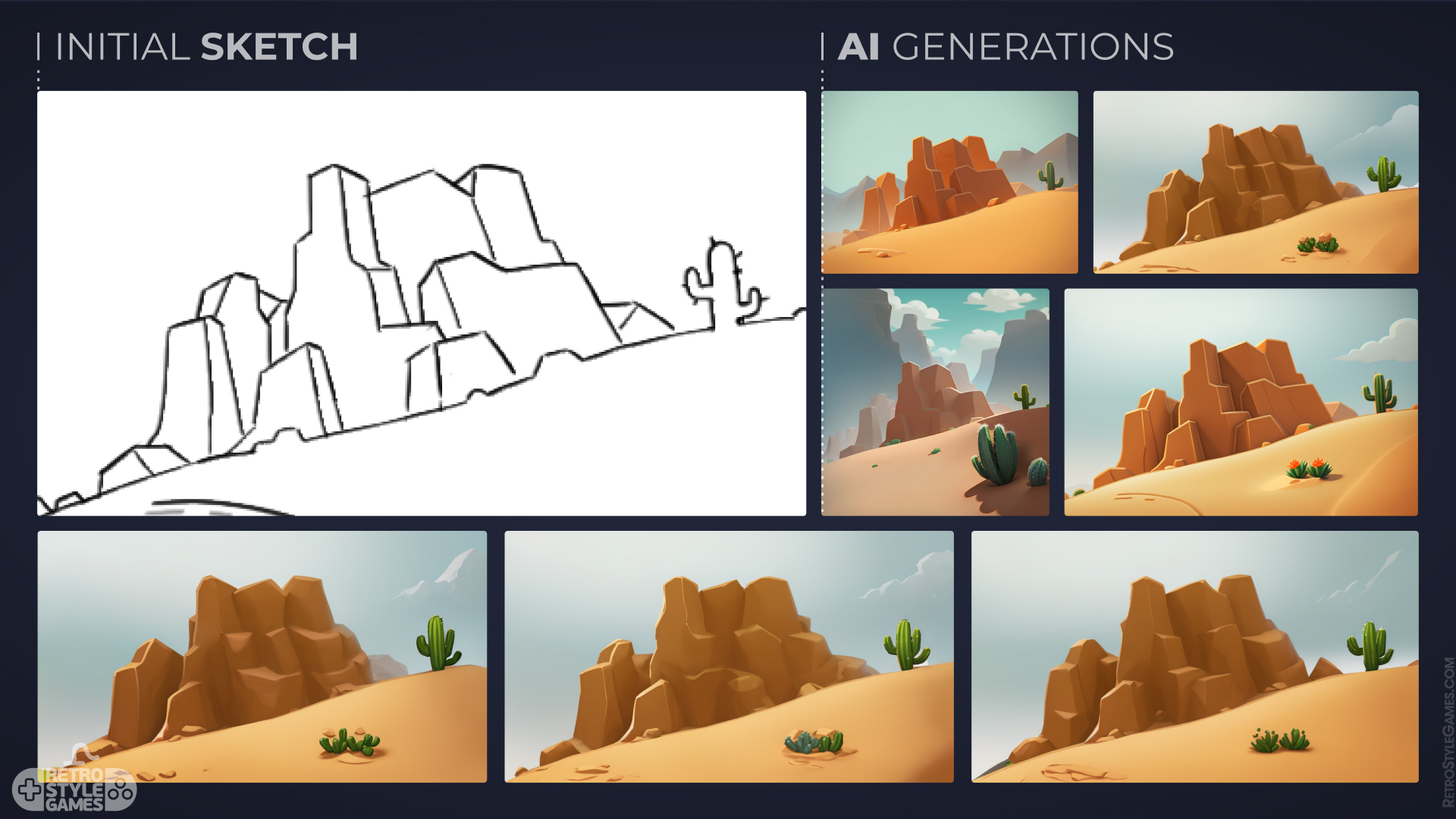
Table of Contents
Artificial intelligence (AI) is revolutionizing the gaming industry, transforming static worlds into dynamic ecosystems. Modern games are no longer limited to scripted narratives; instead, they leverage AI-driven agents and non-player characters (NPCs) to create immersive, adaptive experiences. Imagine NPCs that remember your past decisions, enemies that strategize based on your playstyle, or entire game worlds that evolve in real-time. This isn’t science fiction—it’s the future of gaming.
The Evolution of AI in Gaming
AI in gaming has come a long way since the days of predictable, scripted behaviors. In the early days, NPCs followed rigid paths, offering little variation in their actions. Today, advancements in machine learning, natural language processing (NLP), and procedural generation have enabled developers to create lifelike, intelligent characters. For example, games like Cyberpunk 2077 use AI to simulate realistic crowd behaviors, while titles like The Last of Us Part II feature enemies that communicate, flank, and adapt to player tactics.

Examples of Cutting-Edge AI in Games
Let’s explore some groundbreaking examples of AI in gaming:
- Procedural Content Generation: Games like No Man’s Sky use AI algorithms to generate infinite, unique planets, ecosystems, and creatures. This ensures no two players experience the same world.
- Dynamic Dialogue Systems: AI Dungeon employs GPT-3 to create limitless, context-aware storylines. Players can type virtually anything, and the AI responds intelligently, crafting a personalized narrative.
- Adaptive Difficulty: In Left 4 Dead, the AI Director monitors player performance and adjusts the intensity of challenges, ensuring an optimal balance between fun and frustration.
- Emotionally Intelligent NPCs: Games like Red Dead Redemption 2 feature NPCs with rich backstories and emotional responses, making interactions feel authentic and meaningful.
“AI is not just a tool for developers—it’s a collaborator that helps bring virtual worlds to life.” – Phil Spencer, Head of Xbox
Future Implications
The potential of AI in gaming is boundless. In the near future, we may see NPCs with long-term memory, capable of recalling past interactions and evolving relationships with players. Entire game levels could be procedurally generated based on player preferences, creating bespoke experiences for every individual. Startups like Modulate.ai are already experimenting with voice-driven AI companions that respond to emotional cues, blurring the line between human and machine interaction.
Additionally, AI could democratize game development by enabling smaller studios to compete with AAA giants. Tools powered by AI, such as procedural asset generation and automated level design, reduce the need for massive teams and budgets.
Challenges and Ethical Considerations
While AI opens up exciting possibilities, it also presents significant challenges. One concern is bias in training data, which can lead to discriminatory or stereotypical behaviors in NPCs. Another issue is the potential displacement of human writers and designers, as AI takes over creative tasks. Moreover, the rise of deepfake-like manipulations in games raises ethical questions about consent and authenticity.

Conclusion
AI agents and NPCs are redefining the gaming landscape, offering unprecedented levels of immersion, personalization, and realism. As technology advances, players will enjoy smarter, more responsive virtual worlds that adapt to their choices. However, developers must navigate the ethical challenges posed by AI to ensure these innovations benefit both creators and consumers. The future of gaming is bright, and AI is at its forefront.